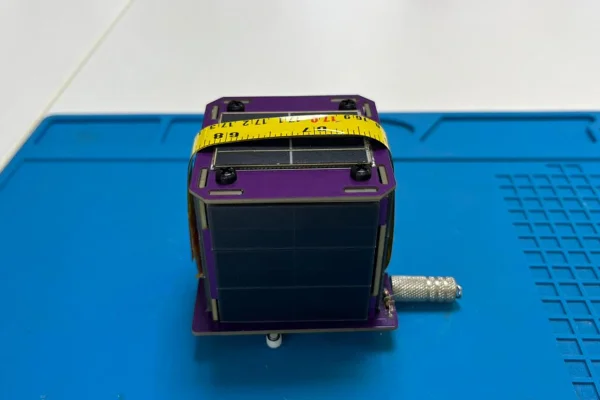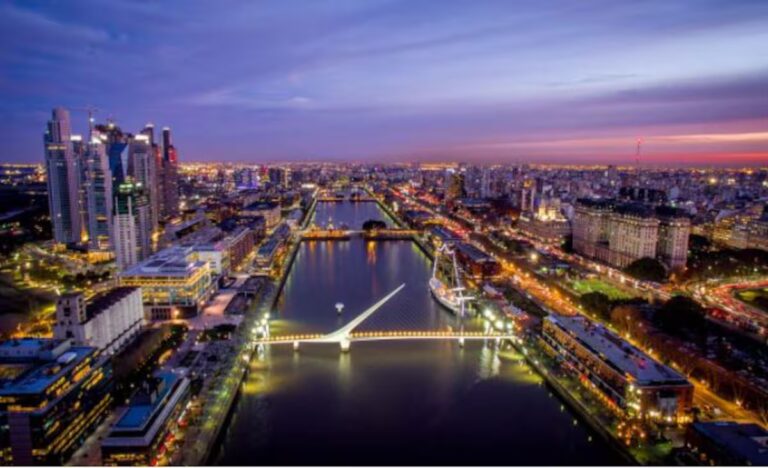
U.S. Defense Secretary Pete Hegseth on Monday acknowledged new attacks on vessels suspected of transporting drugs through Pacific shipping routes. Hegseth said the deadly attack took place on Sunday, the same day Latin American leaders rejected the use of force in the region during the fourth summit of the Community of Latin American and Caribbean States (Serac) and the European Union (EU) in Colombia. Six people were killed in this attack, bringing the total number of deaths to 76.
- “We want to maintain peace”: “The use of military force is once again part of everyday life in Latin America and the Caribbean,” Lula said.
- In Washington: Officials believe President Trump is likely to order an attack on Venezuela
“Yesterday, under the orders of President Trump, two lethal attacks with live ammunition were carried out on two vessels operated by designated terrorist organizations,” Hegseth said in a post on social network X, which shared images of the sinking. “Both attacks took place in international waters, with three male narco-terrorists on board each vessel. All six were killed. No American service members were injured.”
As with previous operations, Hegseth said the sinking was authorized based on “intelligence” information that confirmed the boat was “involved in drug smuggling” and was “transporting narcotics.” The defense secretary also added that the vessel was “traversing known drug trafficking routes in the Eastern Pacific Ocean.”
Sunday’s attack occurred on the same day that Latin American leaders, including President Luiz Inácio Lula da Silva, criticized the use of force in the region. The ship is said to have left the port as tensions in the region have escalated, particularly between Venezuela’s Chávez regime and the Colombian government, due to the mobilization of U.S. troops in recent months.
In a joint statement, the countries of Latin America and the European Union reiterated their opposition to the use or threat of force and any action inconsistent with international law or the Charter of the United Nations. Of the 60 countries in attendance, 58 signed the document published on Sunday, excluding Venezuela and Nicaragua.
“We note the importance of maritime security and regional stability in the Caribbean region,” the text added, but did not directly mention bombing of U.S. military vessels in the Caribbean or the Pacific region.
European Commission Vice-President Kaja Callas, who attended the meeting, explained that there was no direct reference to the Trump administration and said this would prevent many countries from participating in signing the document. Nevertheless, he noted that European countries oppose unilateral actions involving the use of force, contrary to international law and treaties.
— The use of force is authorized for only two reasons: in self-defense or pursuant to a United Nations Security Council resolution — Karas said.
(Article being updated)



